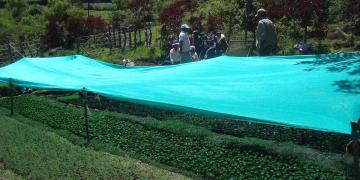Rituals that contributed to good relations between indigenous people and PNN personnel during the construction of the REM
The exercise of the Environmental Authority in the framework of the implementation of the REM
Traditional ancestral wisdom and its importance for decision-making in PA management processes.
The role of indigenous women in EMN
The conservation of the charapa turtle and its importance for the indigenous peoples of PANI
Community-based tourism, a production alternative
